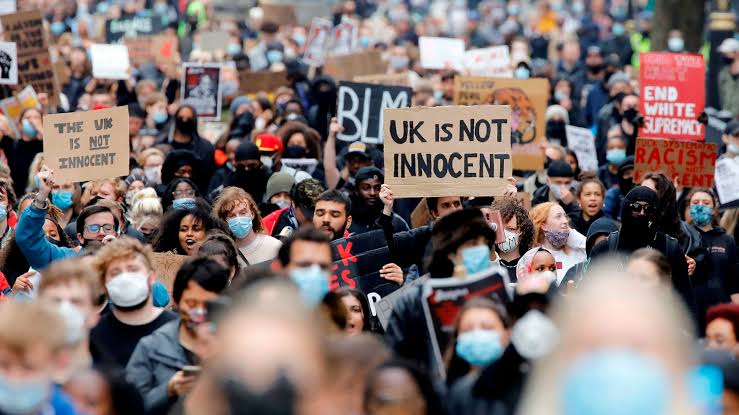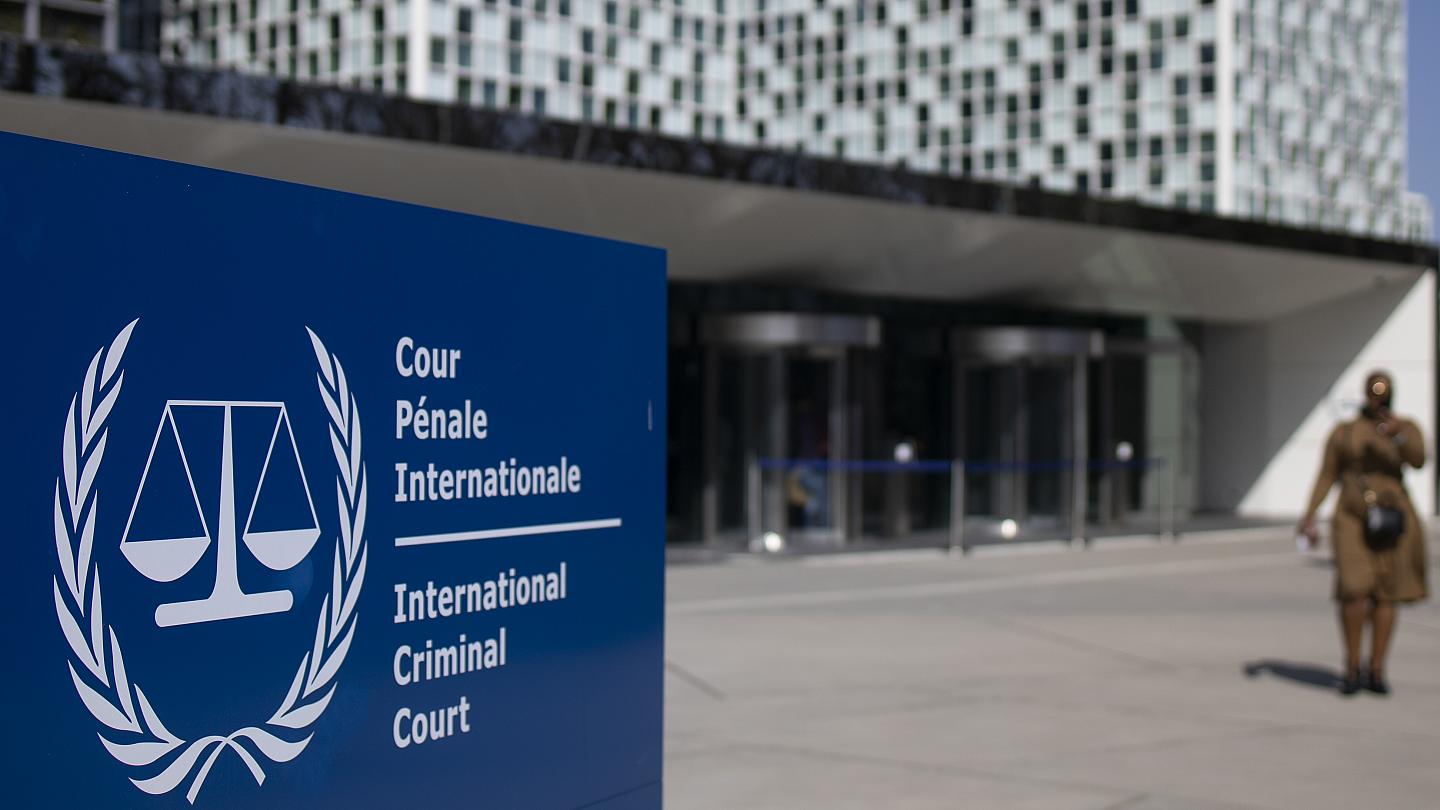Long-Term Strategy To Address Racial Disparities In The United Kingdom
With changes to policing, health, and education, the government has laid out its long-term goal for addressing racial inequality in the UK.
The new "Inclusive Britain" action plan includes more than 70 measures.
It includes increased oversight of how police employ stop and search powers, as well as adjustments to the way ethnicity data is collected.
In reaction to the Black Lives Matter protests in 2020, Inclusive Britain was created.
This prompted the creation of the Commission on Racial and Ethnic Disparities, which issued a series of reform proposals organized around three core themes: developing trust, promoting fairness, and empowering people.
Among the new measures are:
A new, national framework for police powers like stop and search, with increased local scrutiny.
An automatic "opt-in" experimental program to assist ethnic minorities and others in receiving legal counsel while being detained by the police.
A new Office for Health Improvement and Disparities has been established to improve everyone's health.
By 2024, a diverse panel of historians will create a new knowledge-rich Model History Curriculum that will explore Britain's history.
Employers will be given advice on how to measure and address the ethnic pay gap.
"This is at the heart of our leveling up strategy," stated Equalities Minister Kemi Badenoch MP. It's bigger and more comprehensive than any other study of race and ethnicity in the United States.
"Racial disparities have numerous reasons that are frequently misunderstood.
"Our new strategy is based on action, not rhetoric, and it will contribute to the creation of a country where a person's race, social, or ethnic origin is not a barrier to accomplishing their goals."
The announcement builds on the Levelling Up White Paper, which was released last month and aims to more evenly distribute opportunity across the country.
In Birmingham, Inclusive Britain was officially presented to business leaders, charities, and public figures. Somia Bibi said there were too many people from ethnic minorities in prison.
Racism is still an issue in some regions of the UK, according to Somia Bibi of Himaya Haven, a Birmingham-based support group that assists families of loved ones in imprisonment or prison.
"Institutional racism manifests itself in a variety of ways, particularly in the criminal justice system," she explained.
"We notice that our family members are disproportionately from south Asian and black areas, and race plays a role in the jail system."
However, Naseam Kaid, a Birmingham Streetwatch coordinator, believes that progress is being made.
"You see a lot more Asian and black officers around now," he remarked, referring to his neighborhood.
"In police work now, there is greater diversity and better training."









.jpeg)
